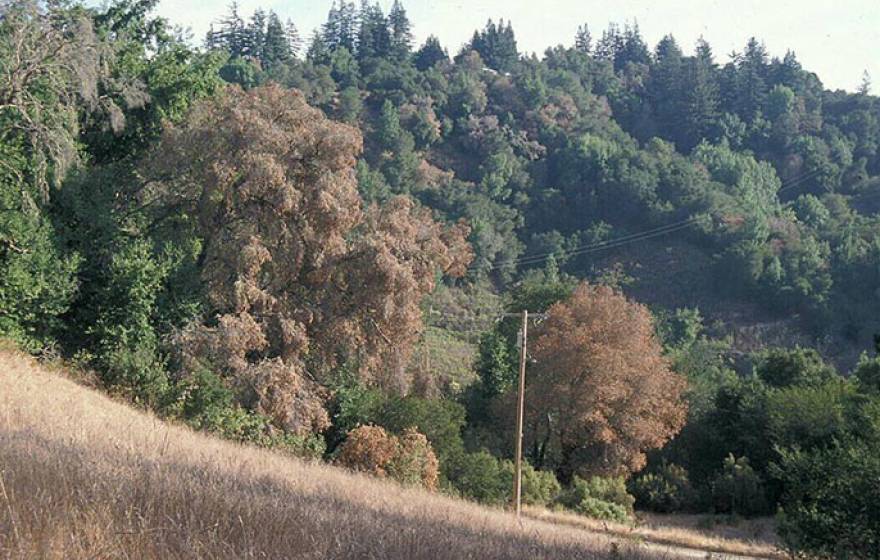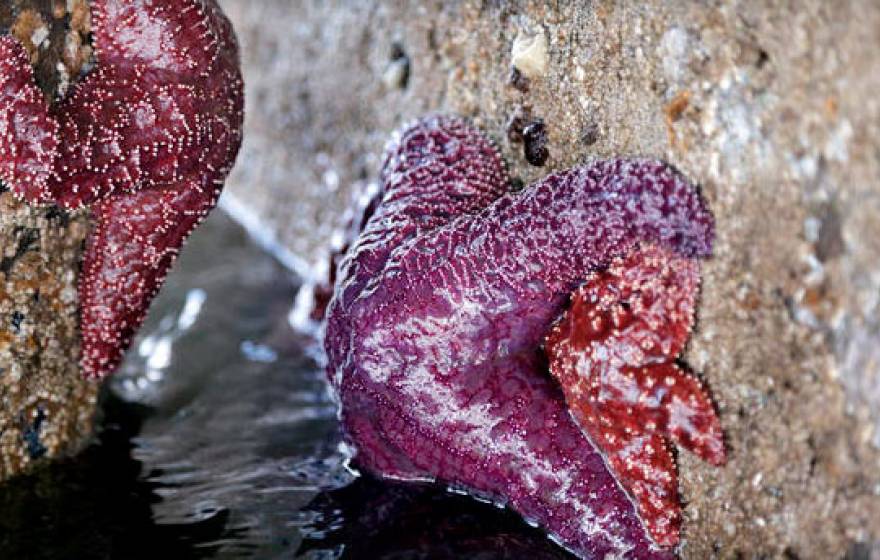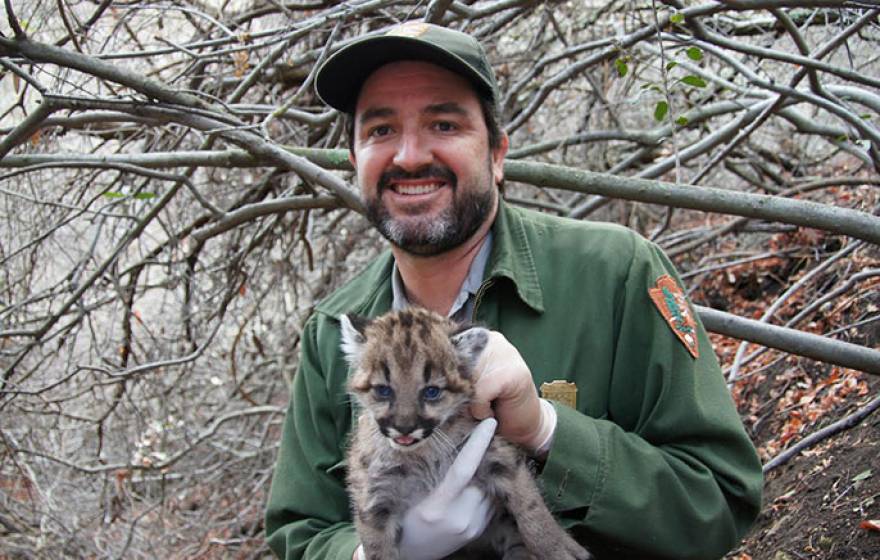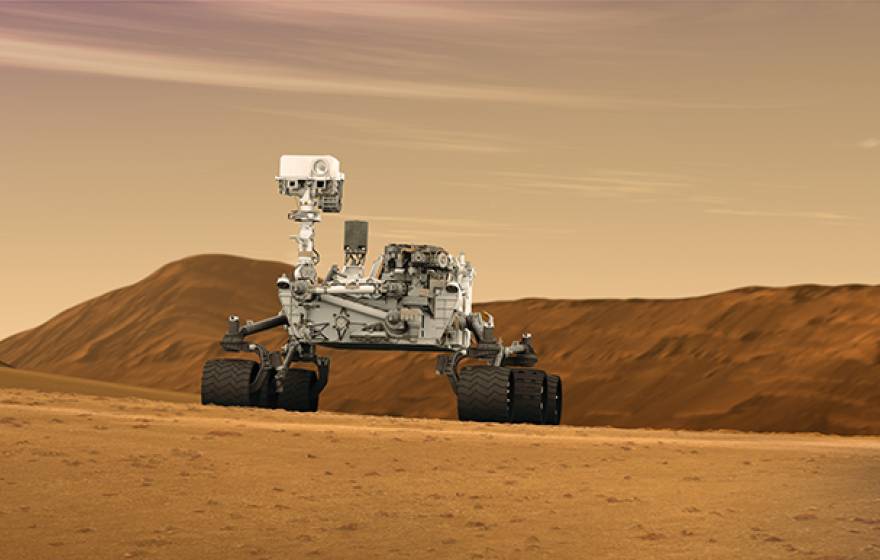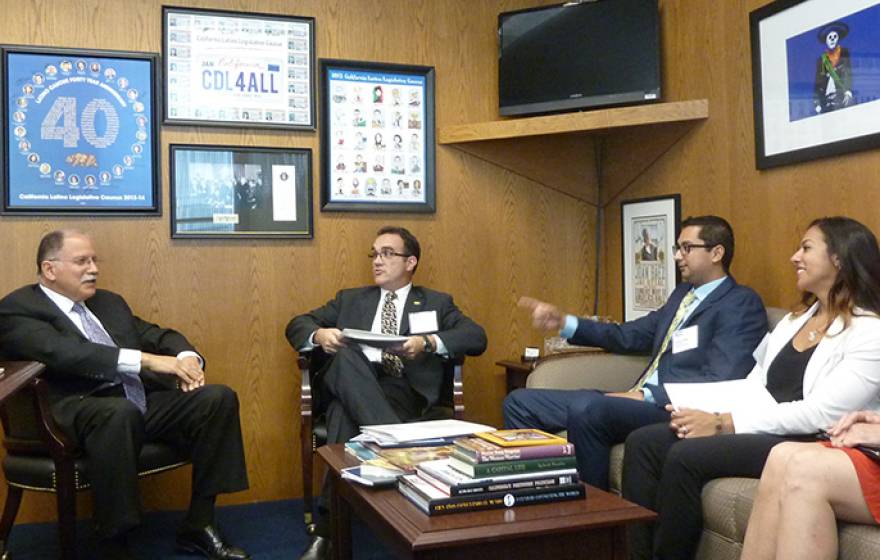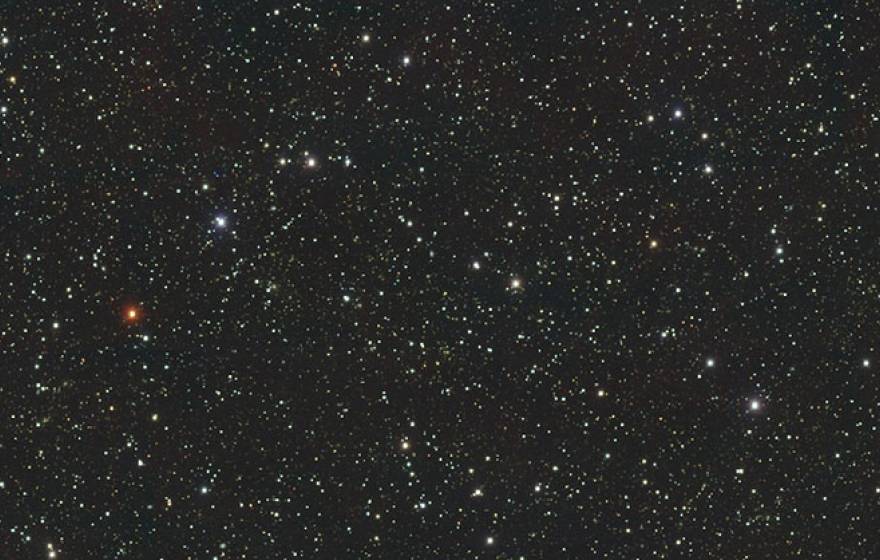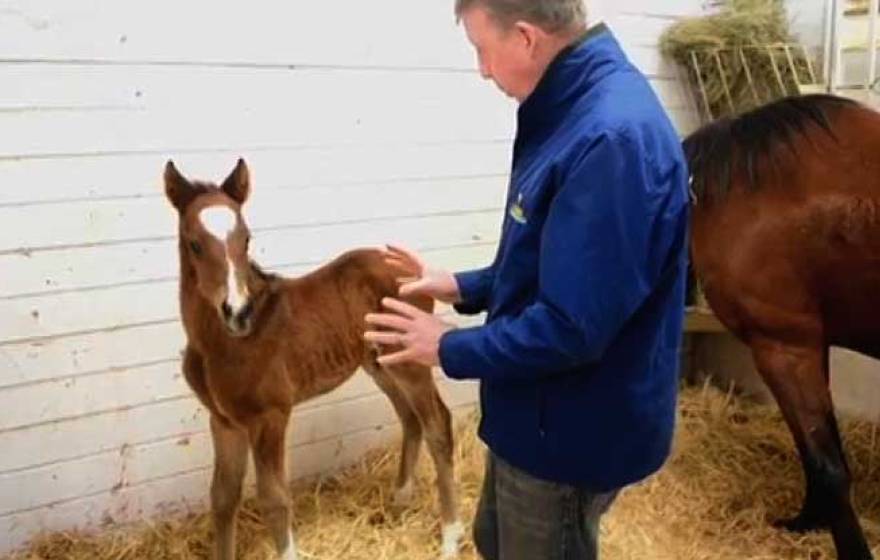UC Berkeley |
Citizen science helps predict spread of sudden oak death
Efforts to predict the emergence and spread of sudden oak death, an infectious disease that kills oaks and other trees, have gotten a big boost from the work of grassroots volunteers.
CBS News |
Baby starfish offer a glimmer of hope for recovery
Researchers at UC Santa Cruz and elsewhere are finding increased numbers of baby starfish in some locations. Juveniles may be less susceptible to the virus that has decimated sea stars on the Pacific coast.
UC Newsroom |
Researchers wow audience at first UC Grad Slam
At systemwide research communications contest, graduate students captivate audiences while sticking to the mantra: Keep it simple.
UCLA |
Behind the scenes with a Los Angeles mountain lion expert
Seth Riley, who teaches at UCLA and works for the National Park Service, has tracked 40 mountain lions living in the Santa Monica Mountains.
UC Merced |
A more secure cloud for mobile users
Encryption system allows smartphone and tablet users to store data in one or multiple clouds without using a lot of a mobile device’s resources.
UC Irvine |
Extended space travel may warp astronauts' brains
Worrisome news for potential missions to Mars: Long-term galactic cosmic ray exposure can cause permanent dementia-like cognitive impairments.
UC Newsroom |
Grad students bring their 'secret sauce' to Sacramento
UC’s emerging scientists and scholars share innovation, expertise.
Lawrence Berkeley Lab |
How a new telescope will measure the expansion of the universe
A next-generation experiment will create the largest 3-D map of the universe and help Berkeley Lab scientists get a handle on dark energy.
UC Merced |
Grad student uses math to study deadly diseases
Graduate student Jason Davis doesn’t use a traditional lab to study prion diseases. Instead, he relies on computer modeling and applied mathematics.
UC San Diego |
Cal-BRAIN selects 16 California research projects for seed grants
Projects will speed development of new brain technologies, or ‘neurotechnologies.’
Slate |
Why are there so few women entrepreneurs?
Behind the headlines is a more systemic problem of unconscious gender bias that impacts women entrepreneurs in every industry.
KTVU |
Researchers probe link newborn foal behavior and autism
UC Davis veterinarian and neurotoxicologist are looking at neurosteroids as a possible common contributing factor.
